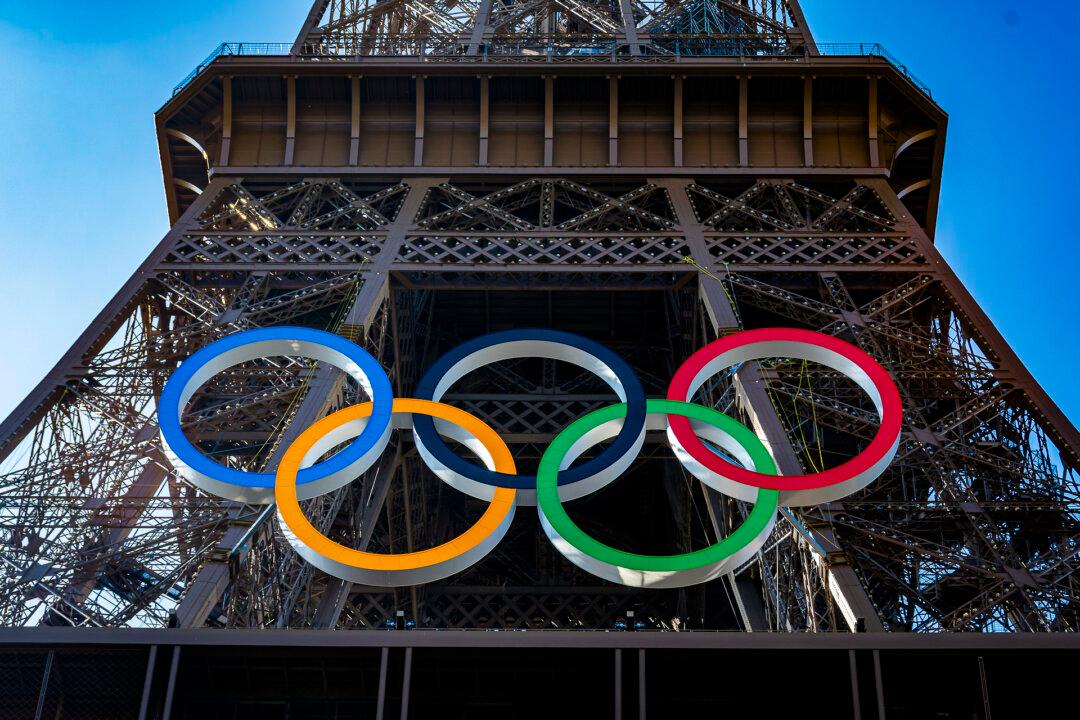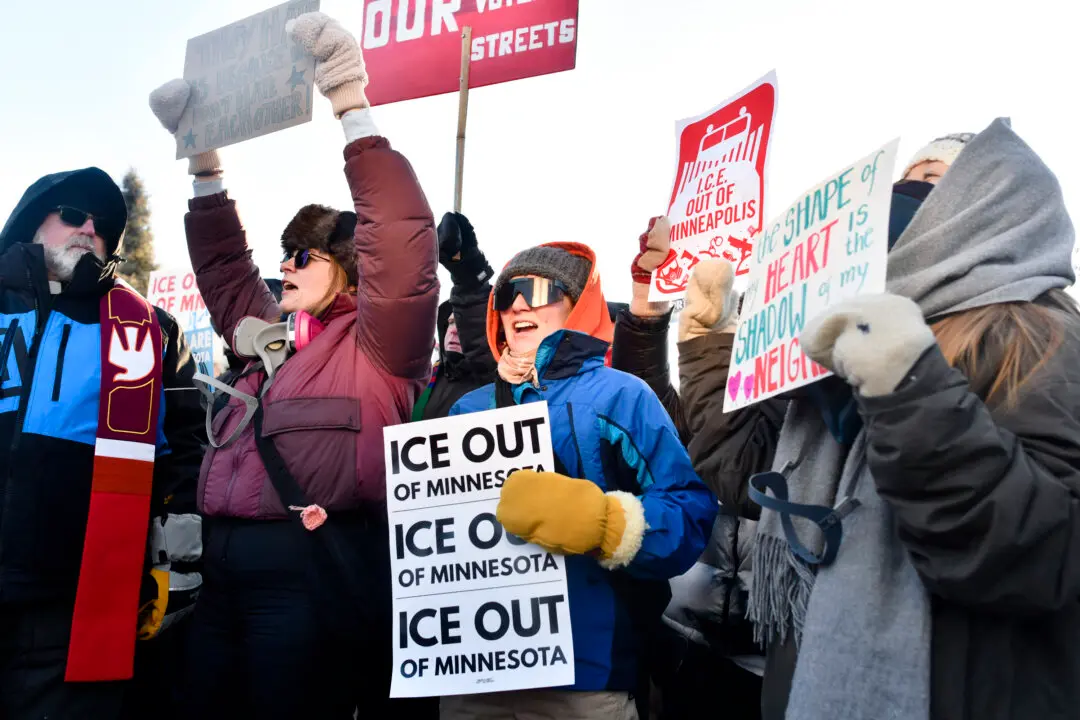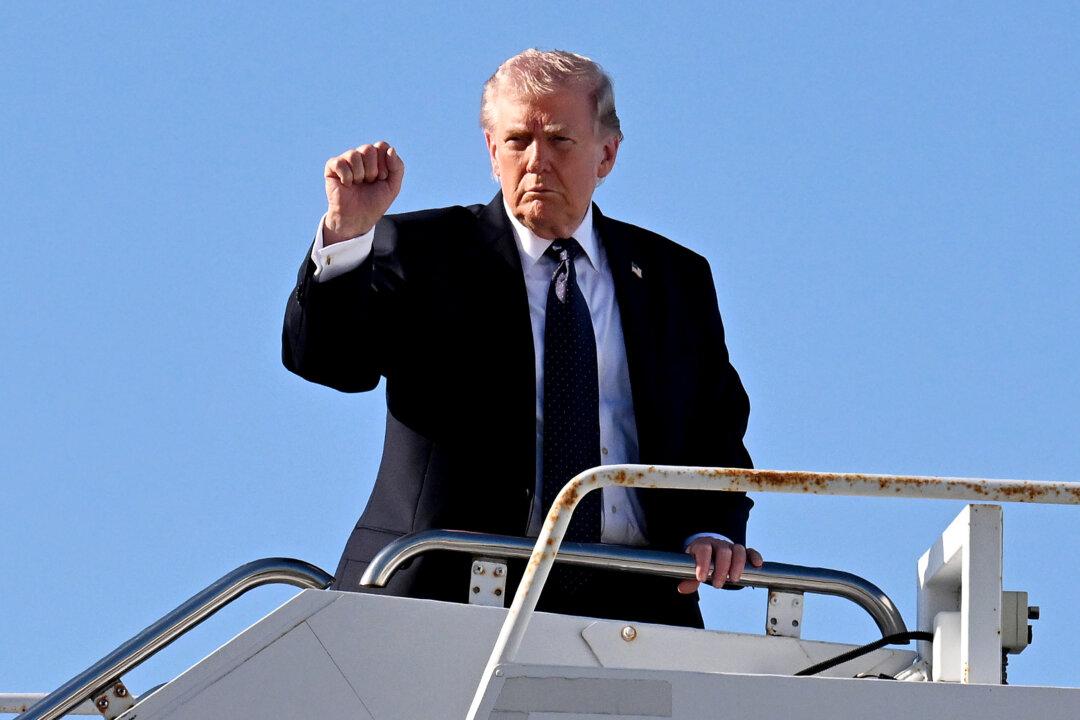Three major Japanese companies have confirmed they will not renew their sponsorship contracts with the International Olympic Committee (IOC).
The three companies—Toyota, Panasonic, and Bridgestone—are among the 15 TOP Olympic sponsors. Their announcement came after the 2024 Paris Games concluded in August.





